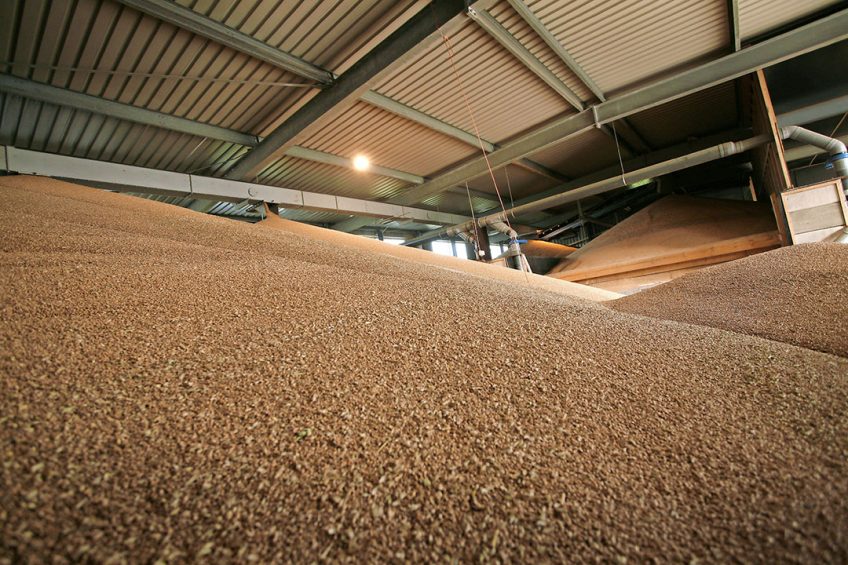Kazakhstan bans feed exports to stop livestock deaths

The Kazakh government has called for urgent measures to protect the domestic feed market, introducing a complete ban on feed exports and caps on grain exports from15 August.
The Kazakh Agriculture Ministry has been ordered to impose limits on grain exports. The restriction was introduced because the lack of feed has caused massive livestock deaths in the Mangistau and Kyzylorda regions in Kazakhstan over the past few months, the Ministry reported.
In Mangistau oblast alone, the death count reached 3,000.
With this in mind, Kazakh President Kassym-Jomart Tokayev dismissed Agricultural Minister Saparkhan Omarov, blaming him for the current crisis. “In Mangistau oblast alone, the death count reached 3,000. We know where this can lead. The Agricultural Ministry did not make the right decisions and did not take the necessary measures, and so our farmers found themselves in a tough situation,” Tokayev said during a government meeting, adding that the price of feed had skyrocketed in the country.
Creating feed reserves
The Agricultural Ministry has allocated 1.9 billion tenges (US$ 4.5 million) to support feed producers and slow down the price increase in the domestic market. However, Tokayev claimed the Ministry also had to establish feedstuff reserves to be ready for any problems with supply.
Drought stifles production
To a large extent, the current problems are associated with an ongoing drought. Kazakhstan expects to produce 11.9 million tonnes of wheat in 2021, while the domestic demands stand at 5.9 million tonnes; the rest is planned for export. However, those forecasts may not be achieved if the abnormal heatwave continues in the country.
Yerbolat Mukanov, the spokesperson for the Kazakh state weather forecasting centre Kazhydromet, said: “Such conditions will seriously complicate the growing season. Now we are entering the so-called milky-ripe phase when the grain is in a watery state, and the sun is expected to be very aggressive. There will be strong evaporation, and the grain will become shrivelled. We can lose 20-30% of the harvest, if not more, as a result.”
Long-term consequences
Kazakh grain exporters may experience long-term problems on the global market if major restrictions are introduced on sales to foreign customers, the Kazakh Grain Union warned. Besides, pushing the domestic prices too low could make lead to numerous farmers making a loss.
“Export regulation, which is designed to stabilise domestic prices at a level below the break-even point of grain producers, in the short term will lead to consequences that will require a long recovery period, additional financial resources to support production and problems with the return of Kazakh grain to traditional sales markets,” the Grain Union said in a statement.











